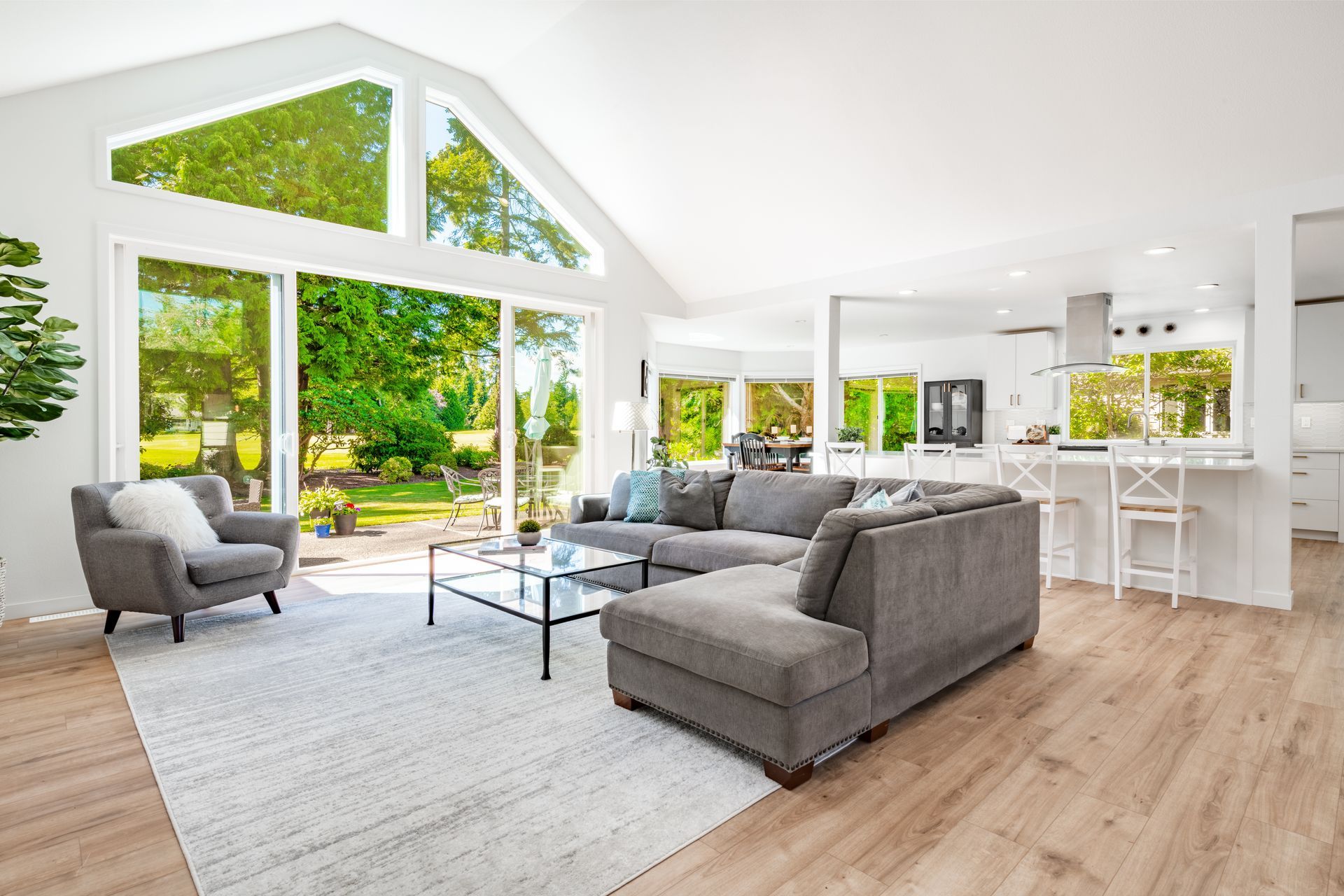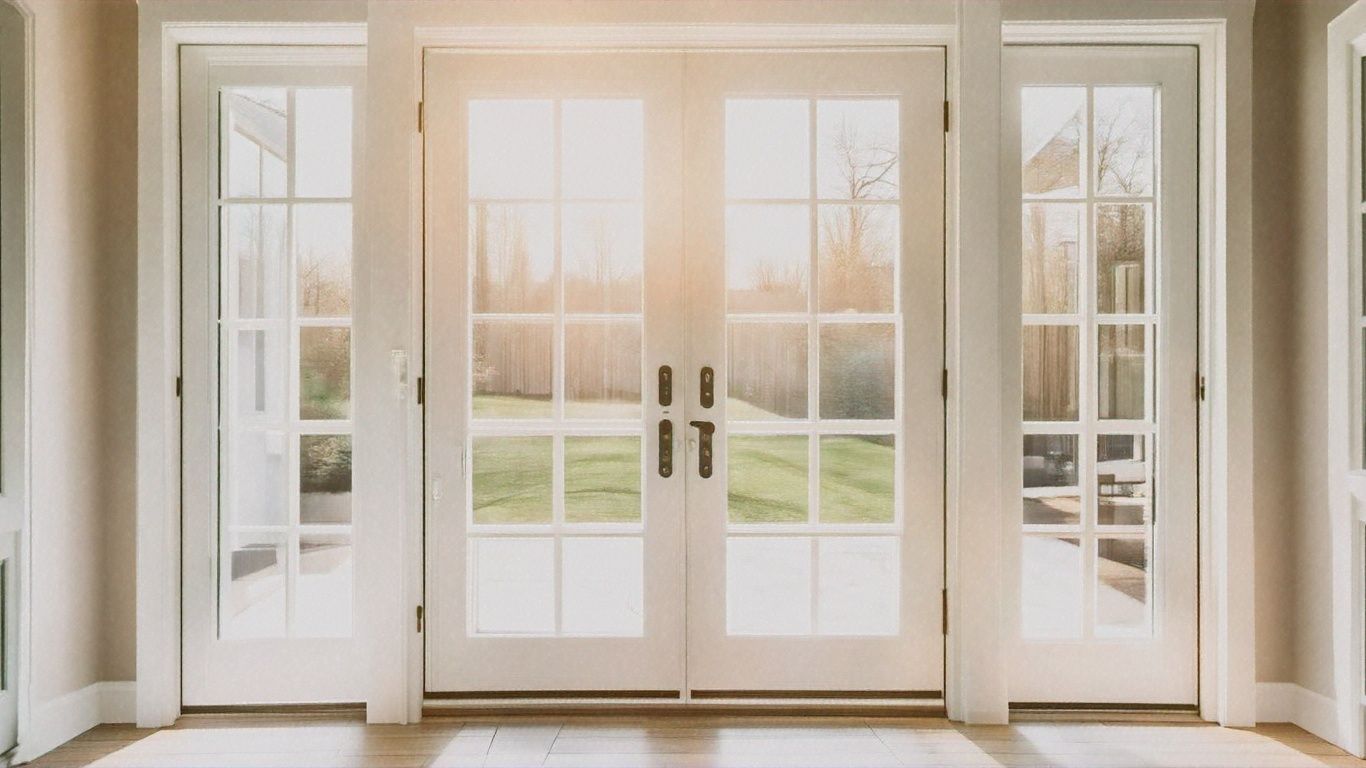Soundproof Windows Can Quiet That Noise
Share Content:

Our cities, towns and neighborhoods are increasingly noisy places to live due to the faster pace of life, proximity to highways, airports or trains, and increased density of housing. So it’s little wonder more homeowners and builders are interested in windows and window upgrades that will dampen outdoor sounds.
The question is, can new windows reduce unwanted outdoor sounds from being heard inside your home?Sound travels through mechanical waves. When a plane flies over your house the sound reverberates through surrounding particles; including; gases, liquids and solids, which vibrate or collide and pass the sound energy along to our ears. The denser the medium, the slower it will travel and so, the more the sound will be absorbed before it reaches your ears. If you want to select windows that will produce a quieter home, you need to pay attention to the acoustics – the sound control of a window.Now the question is, can windows be made to be acoustically soundproof? Answer, no, however there are techniques for making windows that dampen sound?Ever wondered why don’t you hear the airplanes when you’re waiting in the airport lounge? Hold that thought.
Laminated glass

By itself, glass has very little damping ability. Laminated glass (LG) puts a layer of more viscous material, a plastic, between two lites of glass, which substantially increases the units ability to reduce sound, by breaking up the sound waves as they pass through the glass. A single pane of ¼” laminated glass consists of two 1/8” lites with the plastic interlayer has as much sound blocking ability as ½” lite of monolithic glass.
Laminated and insulating glass
Insulating glass (IG) consists of two or three panes separated by a gap filled with air or Argon gas. Using glass lites of different sizes, for example one thicker (3/16”) and one thinner (1/16”) lite in an insulated glass construction will further help deaden sound because each lite is “transparent” to a different frequency and each lite will then attenuate the frequency that the other light “passed”. Some experts have specified combining all three features: LG, wider airspace and different thicknesses in order to create the maximum sound barrier. Those airport windows will generally have laminated glass on both sides of the insulated glass unit (IGU) in an aluminum frame with a ‘maximum’ airspace between the lites.
Check the ratings for a clearer idea of a window’s noise-muffling capability.
Sound rating systems
There are two main ways that building products, including windows, are rated for sound control: Sound Transmission Class (STC) and Outdoor/Indoor Transmission Class (OITC). The higher the number the better the window is at attenuating noise. STC is a building measure originally designed to measure an objects ability to attenuate sound across the entire sound frequency. However STC ratings only give an indication of high frequency noise reduction such as voices and audio. For example an STC of 25 will allow normal speech to be heard on the other side, while a rating of 60 or higher will insulate against most sounds, making them inaudible from the other side. OITC ratings are a much better indicator for homeowners of noise reduction because they’re measuring lower frequency noises such as traffic and landscape equipment. Since lower frequency noises are more difficult to reduce, these numbers will be slightly lower than the STC ratings. Aim for upper 30s or more for OITC and STC ratings of 40 or more.
Window assembly and installation
A substandard frame or an improper installation will also impact noise. A mere 1% gap in the sound barrier may transmit 50% of the sound – that’s the rule of acoustics. How tight does the window close? Sturdiness affects sound. Is it a flimsy or a heavy frame? Polyurethane (non-expandable) foam caulking is the best insulation, not fiberglass. You want a continuous seal around the windows without any gaps.
Connect with Us:



